
The very idea of telling others about your eating disorder can invoke a terror that you never believed you could experience. For so long it’s just been the two of you, against the world, needing nothing; no-one. So what does inviting other people in to this tormented chrysalis that you’ve created even mean? Is it their reactions that you are most afraid of? That they may be angry? The look of disappointment in their eyes. You disappoint yourself enough on a daily basis, do you really need to do that to someone else; to someone you love?
The answer; quite frankly, is YES. Because whatever it is you’re worried about, whatever it is you are telling yourself will happen…. your eating disorder is playing some part in that. It wants you to stay quiet, so it paints a picture of the painful scenarios that will unfold if you speak out. And with each lie you tell, your shame and embarrassment will continue to grow. If you read my first post for EDAW19 you’ll know that I avoided speaking to my family and friends for ten years! That’s ten years of secrets, ten years of avoidance and quite frankly, ten years of pain. Once I had finally established that I DID want to get better, my therapist assured me that recovering from an eating disorder requires a strong support network, both in treatment and outside of it. So even though I was genuinely mortified that I was going to have to speak to my parents about it, once I actually did – I was bowled over by the relief and sense of freedom that my confession instantly resulted in. When I think back to every moment that I sat down with a loved one or friend and told them the truth, I realise that this was me beginning to defy the eating disorder. I was starting my battle and I was assembling my army. Because an eating disorder isn’t a cry for attention. It isn’t vanity. It isn’t just wanting to be a bit thinner. It IS a mental illness and there is no shame in asking for help to get better.
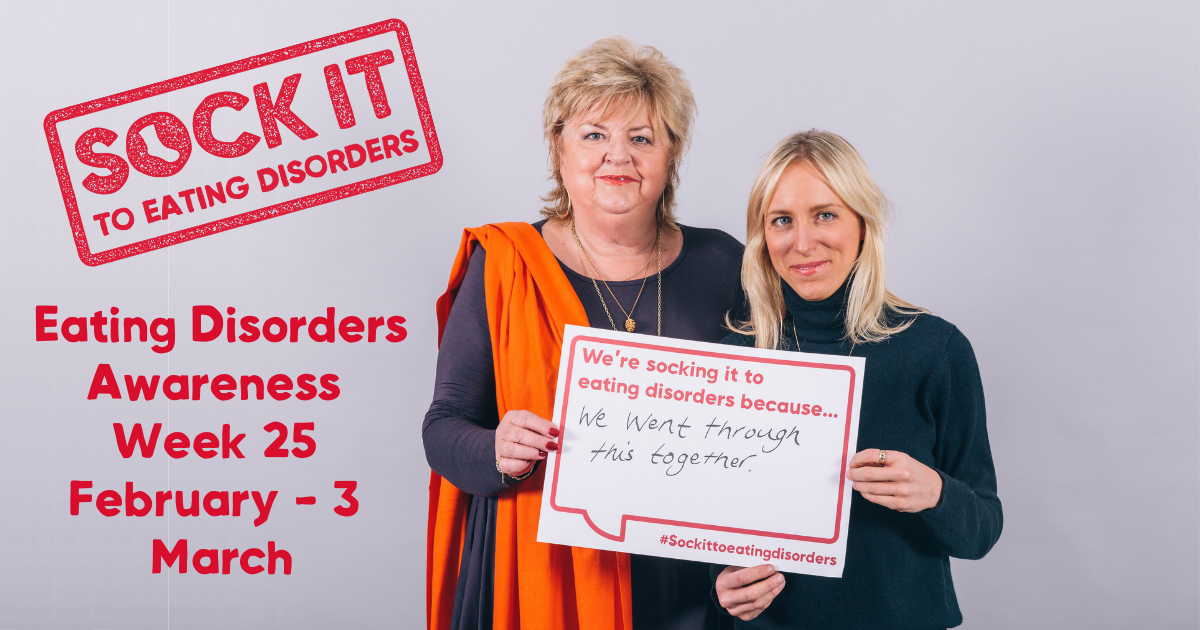
So what are the benefits of telling others about your eating disorder?
1. You can set the boundaries
When people are aware of what is going on, it’s ok for you to tell them that you need time and space. I personally had to ask that no comments were made about my body or weight, even if they were the well meaning “You look so healthy” or “You look so much better” comments. There were also things I didn’t want to talk about with my parents, and that’s ok too. You can be honest but still say, “This is something I would rather work on with my therapist for now.” Opening up doesn’t mean that you have to blurt out everything. You are in control and you can state when you aren’t comfortable with something or if you don’t think it’s conducive to your recovery.
2. You can help others
One of my favourite quotes from a poem by Blythe Baird is ““If you develop an eating disorder when you are already thin to begin with, you go to the hospital. If you develop an eating disorder when you are not thin to begin with, you are a success story.”
Before I told people about my personal struggles, my weight loss was constantly congratulated, People wanted to know how I did it. I brushed it off as just being healthy and exercising when inside I was ashamed of the rituals I knew I was engaging in. By admitting that I had a problem I was actually helping to break the stigma of what society perceives to be “healthy.” When a seemingly well and fit looking person openly admits that actually they have been living in their own personal hell and have damaged their body internally because of it, people listen. And perhaps they then question their own judgements and beliefs. This is a good thing. There’s also a chance that being so open will inspire other sufferers. I am often astounded by the amount of messages I receive from other people with eating disorders. To know that someone has felt hope because of something I’ve shared is mind blowing but so humbling. It’s important that we keep sharing so that anyone out there who is struggling understands that others have indeed walked this path, and they’re either getting better or they are fully recovered.
3. You will be more open to your recovery
Letting go of the shame and stigma of having a mental illness and asking for help brings a freedom like no other. You will no longer have to lie, you will no longer have to feel embarrassed or awkward in certain situations. You can stop worrying about what others might think or be assuming because now they know the truth. And this freedom means you can be even more focused on loving yourself, forgiving yourself, healing yourself. Perhaps you even replace all those negative perceptions you’ve had previously with feelings of pride. You’ve suffered so much, and for so long you’ve done it alone – yet here you are choosing to be honest and choosing to get better. All good things my friends.
“Owning your story is the bravest thing you will ever do” – Brené Brown
Do you have your own experience of telling others about your eating disorder? I would love to hear from you in the comments if you have. And before I go, I just want to reiterate that if this is something you are going through….. If you are on the fence about reaching out to your friends or family; please just remember that the people in your life love you and care about you. They will want to help and support you and even if in those first few moments it feels uncomfortable, or if they’re hurt or angry – it is nothing compared to the sheer horror of facing this illness alone.
If you are worried about your own eating behaviours or those of someone you care about, please contact BEAT UK free of charge and in complete confidence.
Thanks as always, for reading, sharing or just silently supporting <3
Beth Anne xoxo
![Mother Clucker…… DERBY WING FEST delivers yet again!!
[PR/Invite]
I had an absolute blast at @wingfestuk at @bustler_derby this weekend. The sun was shinin’ the beats were pumpin’ and the Wings were off the charts, incredible.
Honestly, the Wing vendors came from all over the country and they were not messing around this year. With each stand cooking up a Buffalo Wing and a Wild Wing there were just so many ways to tickle your tastebuds.
For us, the Cinnamon Toast Crunch from @eatpoorboys was just genius and we literally licked our plate because THAT SAUCE 😂 Big shout out too to our pals @the.wing.guys @dirtychickenuk and @eatthebird. We gave your Wild Wings 10s all the way 🤪
Thanks again @wingfestuk for putting on such a great event. We loved the addition of the beer puppets this year 😂 and the Iced Gelato Pops. Congratulations to all of those who received awards. We cannot wait to see what you come up with next year.
Wing Fest is coming to London, Manchester, Birmingham and Bristol THIS SUMMER so be sure to head to their Insta/Website and secure your tickets because this is a party that you do not wanna miss. Might even try to get over to Manchester myself so perhaps I’ll see you there 🙌🏻
#wingfest #wingfestuk #bustlermarket #derbyfood #derbyfoodie #derbyfoodies #wingswingswings #chickenwingsforlife #chickenwings #derbyshirefoodie #nottinghamfoodblogger #eastmidsbloggers #streetfoodfestival
](https://mynameisbethanne.com/wp-content/plugins/instagram-feed/img/placeholder.png)
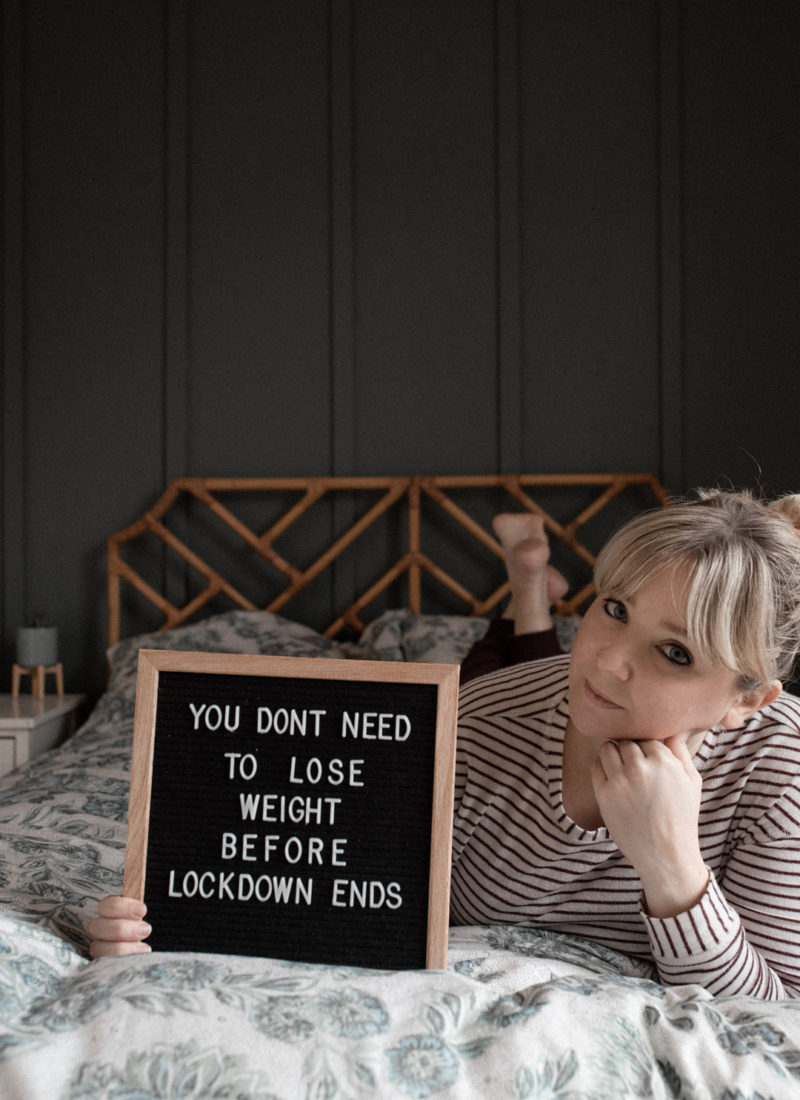
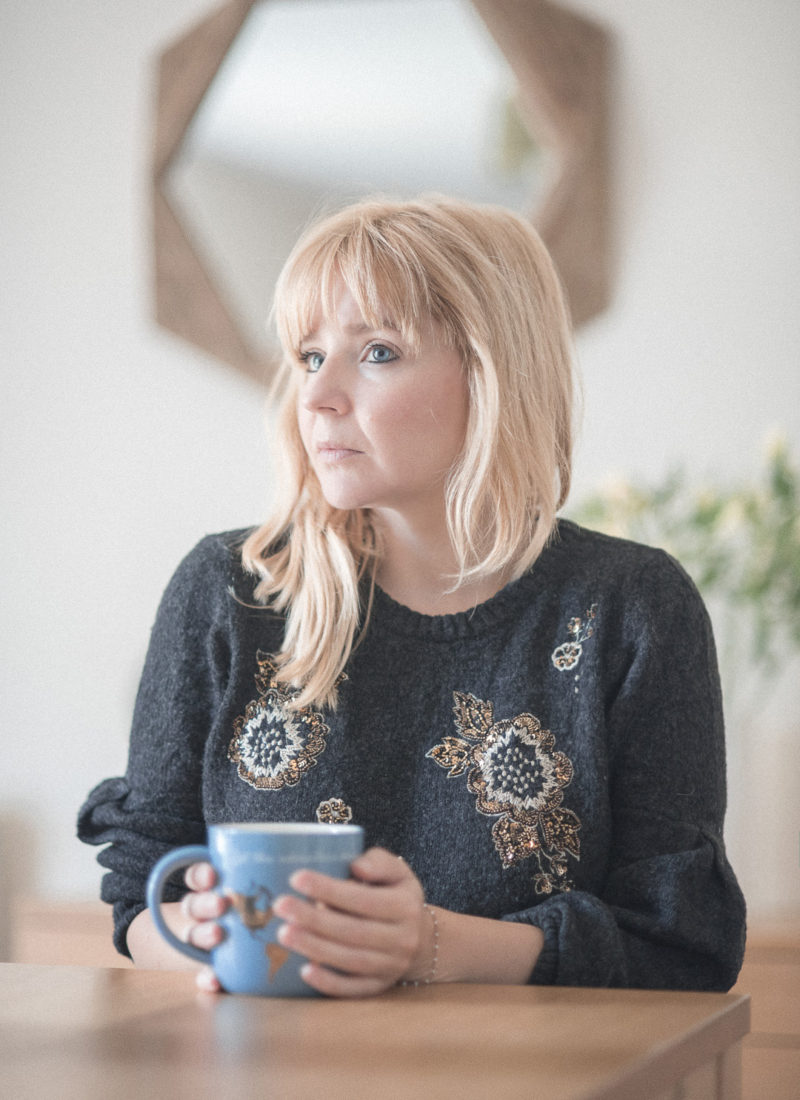



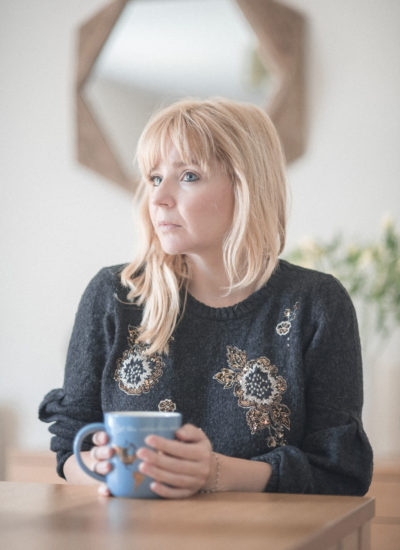

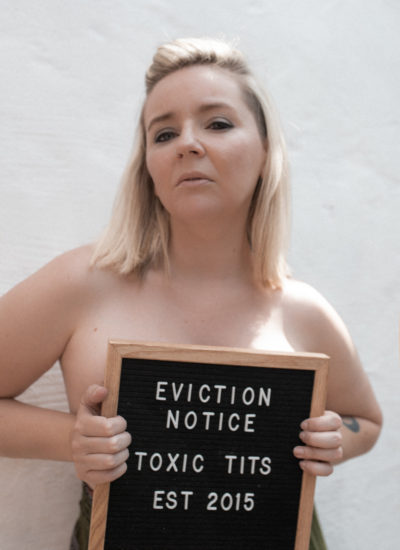
Leave a Reply